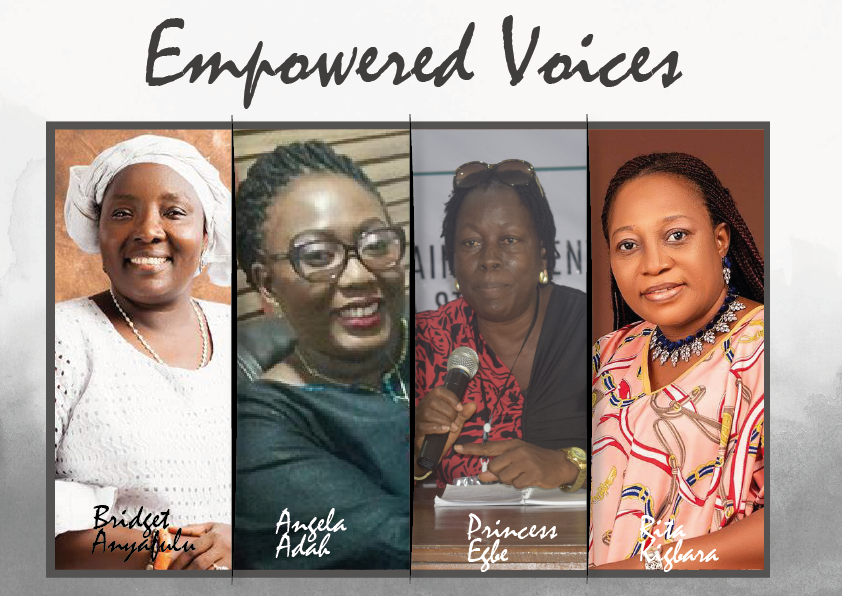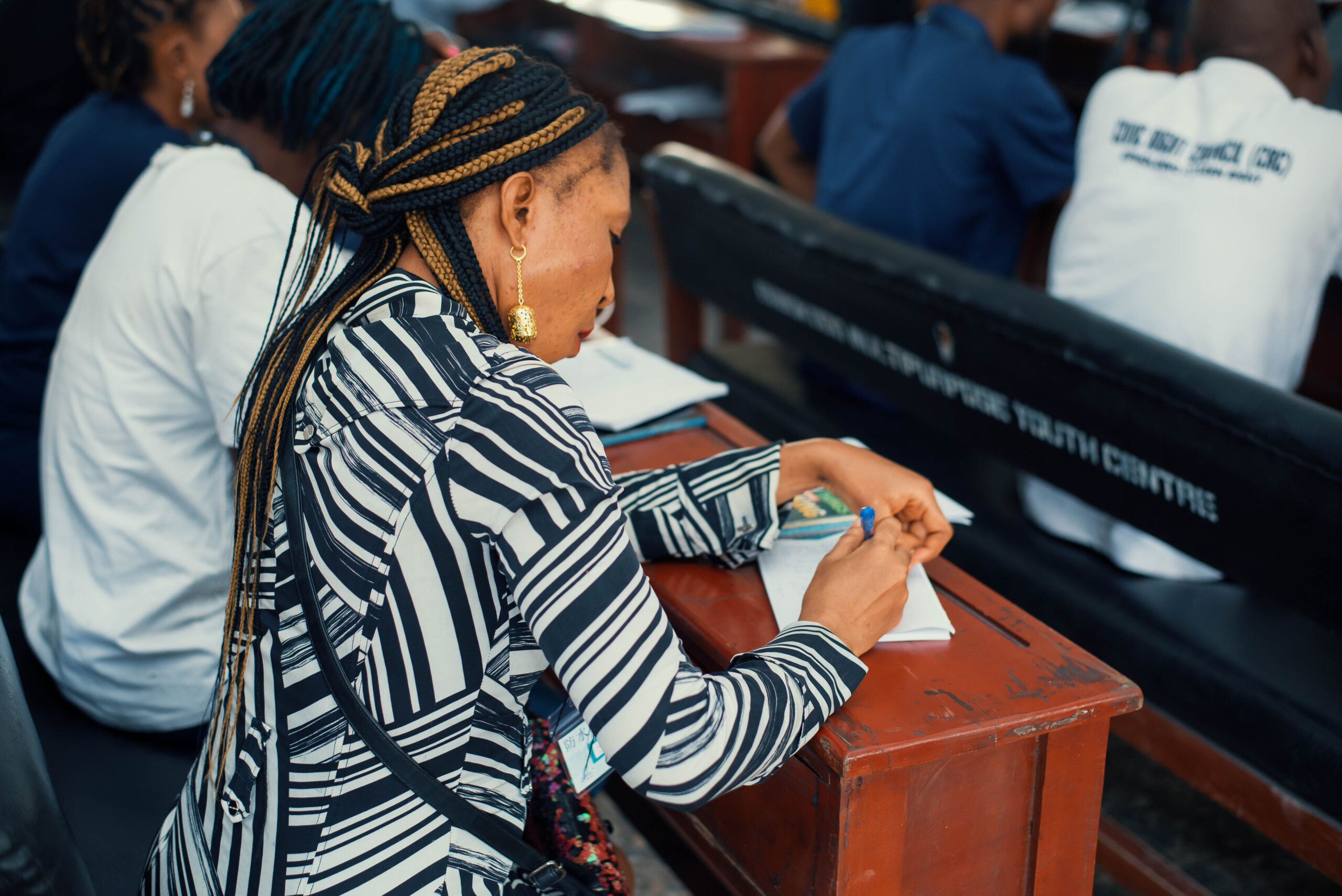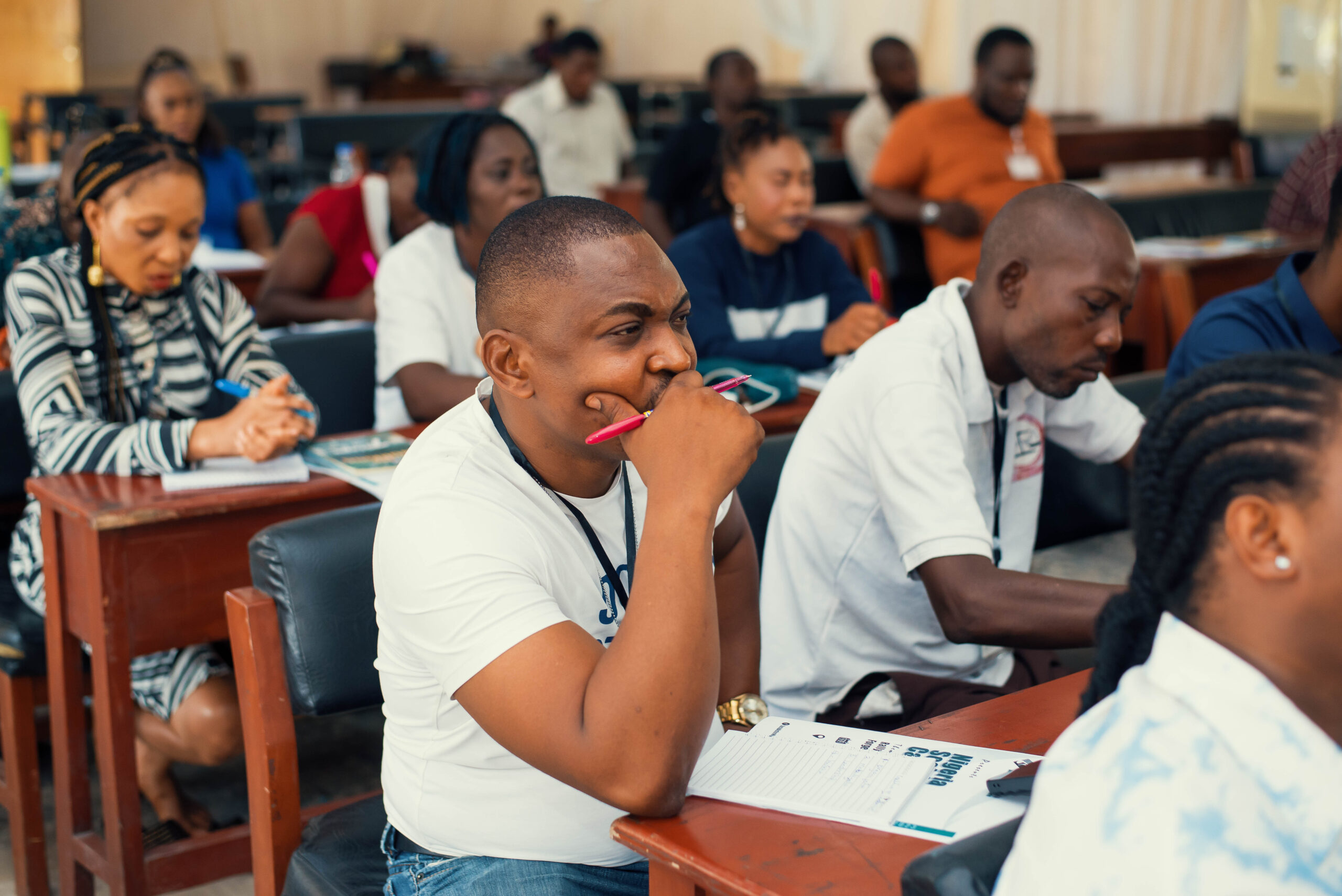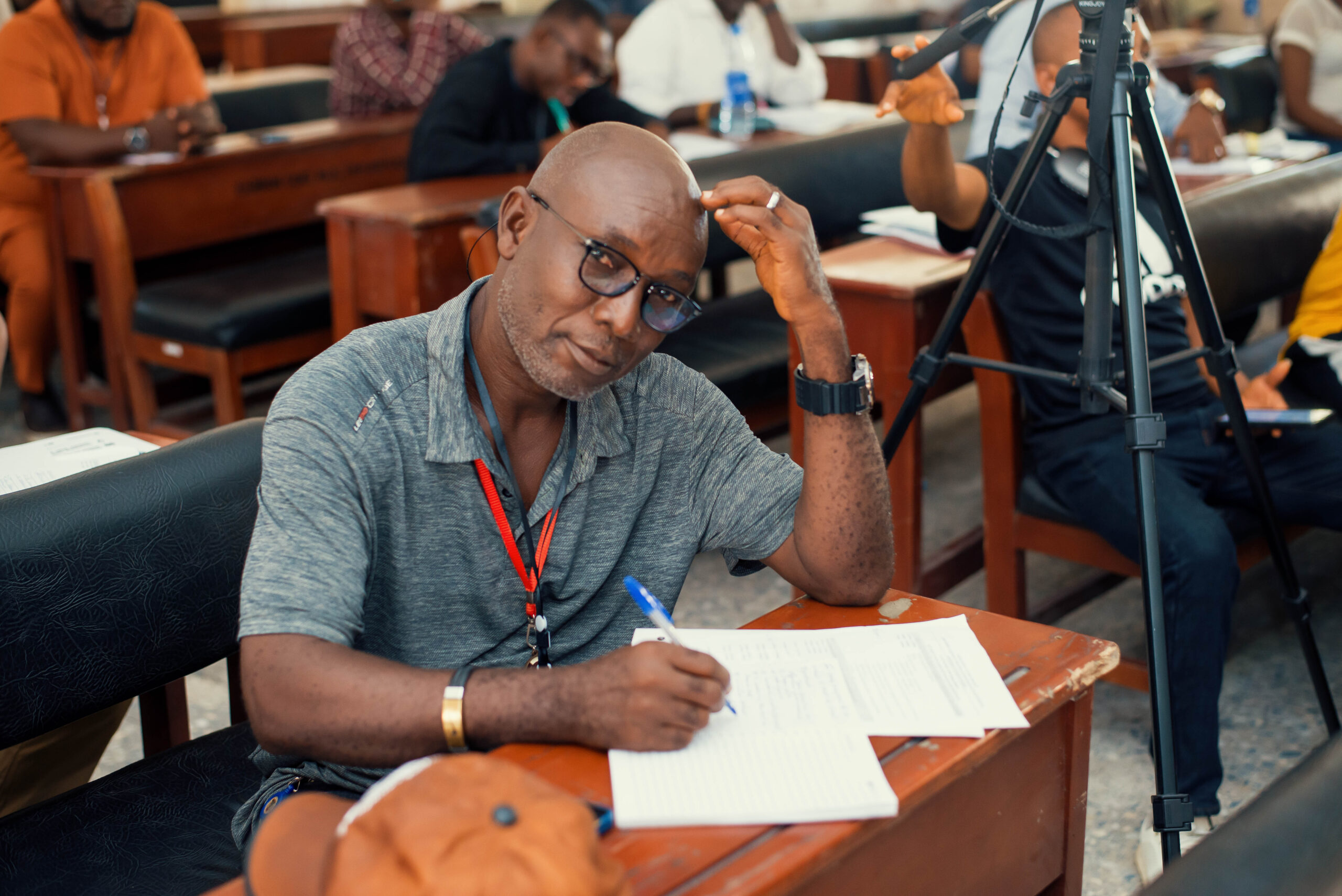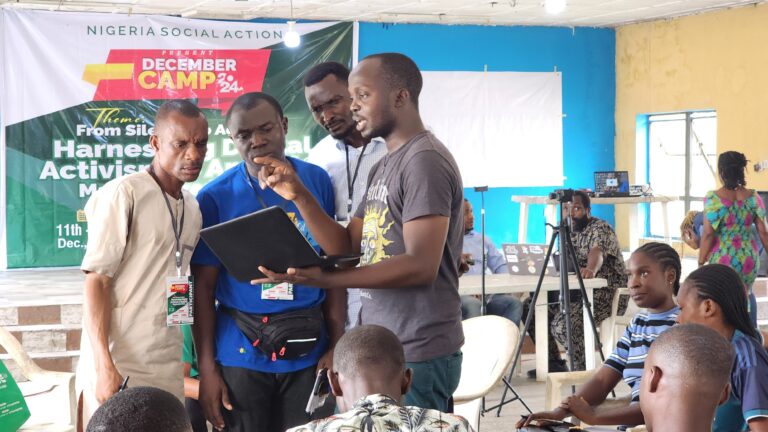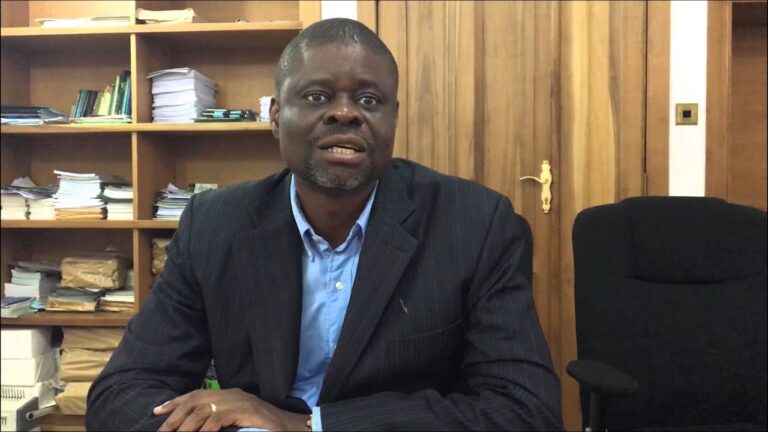Empowered Voices: Women Leading the Charge at Nigeria Social Action Camp
During a panel discussion at the Nigeria Social Action (Harmattan) Camp, Angela Odah representing Roxa Luxemburg Foundation, passionately addressed the disparities in women’s political participation, framing the discourse as an exploration of whether it is a right or privilege. She aptly pointed out the lack of a level playing field, attributing it to financial constraints and the insufficient implementation of international treaties. Angela Odah highlighted the prevailing perception of politics as a male-dominated domain, positioning women as misfits and outcasts in this arena.
To tackle the systemic inequality, Angela Odah who, like most of the panelist join the conversation through Zoom, proposed constitutional reforms and the establishment of a quota system, crucial components for creating a more inclusive political space for women. The panel discussion aptly titled “Women Participation in Nigeria Politics – Issue of Right or Privilege? Opportunities and Challenges” set the stage for Angela Odah to delve into these vital considerations.
Participants listening with rapt attention as the panelists give a comprehensive analysis of the challenges and opportunities surrounding women’s political participation
Comrade Princess Egbe, Coordinator, Global Care Rescue Mission (GCRM) contributing to the discussion, explored the cultural nuances that shape the perception of women in Nigerian politics. Acknowledging the inherent right of women to participate, she shed light on how cultural norms often treat it as a privilege. Backed by statistics showcasing the stark gender disparity in Nigeria’s population, Comrade Princess Egbe presented a compelling case for the need to address economic and cultural barriers hindering women’s political engagement.
Aligned with the panel’s theme, Comrade Princess Egbe proposed a bottom-up strategy, urging women to initiate their political journey at the grassroots level. Her insights into the antagonistic attitude towards women, coupled with statistics revealing a mere 10% of female candidates from 2019 to 2023, underscored the gender imbalances in political representation. The panel discussion facilitated a comprehensive exploration of the challenges and opportunities surrounding women’s political participation.
Comrade Rita Kigbara , steering the conversation towards the shrinking political space in Nigeria, contested the notion that women’s underrepresentation is due to a lack of capacity. Advocating for institutional and internal democracy within political parties, she emphasized the panel’s focus on whether women’s political participation is a right or a privilege. Rita Kigbara called upon the media to play a more proactive role in fostering gender equality awareness, citing a 2023 report indicating a decline in women’s political participation in Nigeria amid global increases. Drawing on a vivid example from Kogi State, Rita Kigbara exemplified the challenges women face in politics, reinforcing the panel’s exploration of women’s participation as both a right and a privilege. Expressing concern about potential increased dropouts from the National Assembly in 2027, she urged deliberate steps to enhance women’s political participation. The panel discussion seamlessly encapsulated the pressing issues, aligning with its theme of examining the status of women’s involvement in Nigerian politics
According to Barrister Bridget Anyafulu, the current political landscape in Nigeria lacks overt hindrances against women’s participation, yet a notable gender imbalance persists. It is essential, according to her, for the government to proactively take conscious steps and formulate policies that deliberately encourage and enhance women’s involvement in politics. By recognizing the intrinsic value of diversity and fostering inclusivity, the government can bridge the existing gap. Barrister Anyafulu who spoke through Zoom advocated for the implementation of targeted policies, such as affirmative action and mentorship programs to provide the necessary support structures. By actively addressing the nuanced challenges women face, she posited, the government can pave the way for a more equitable political arena, ensuring that women contribute meaningfully to the nation’s governance and policymaking processes.

